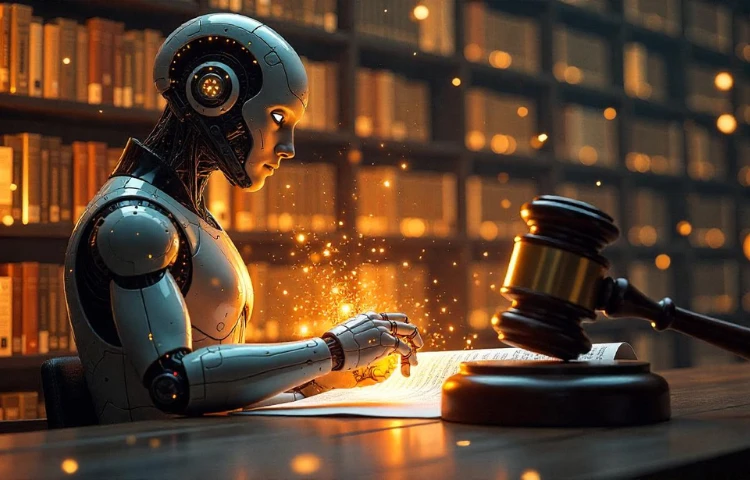

Prefer to listen instead? Here’s the podcast version of this article.
In a move that has stirred significant controversy, President Donald Trump has dismissed Shira Perlmutter, the head of the U.S. Copyright Office, following her critical stance on AI companies’ use of copyrighted materials. This decision has raised concerns about the future of copyright law in the age of artificial intelligence. [The Guardian]
Shira Perlmutter, appointed in 2020, was known for her expertise in intellectual property law. Her recent report questioned the legality of AI companies using copyrighted content without explicit permission, suggesting that such practices might not fall under fair use. She advocated for licensing mechanisms to ensure creators are compensated when their work is used to train AI models. [New York Post]
The Trump administration’s decision to remove Perlmutter, along with Librarian of Congress Carla Hayden, has been criticized as politically motivated. Critics argue that these firings aim to favor tech giants by weakening copyright protections, potentially allowing AI firms to exploit creative works without accountability. [Reuters]
Perlmutter’s dismissal signals a potential shift in U.S. policy towards a more lenient approach to AI development at the expense of creators’ rights. This could lead to a legal environment where AI companies operate with fewer restrictions, raising ethical and legal questions about the use of copyrighted materials. [Times of India]
The move also undermines the independence of institutions like the U.S. Copyright Office, which traditionally operate free from political interference. This precedent could have long-term effects on how copyright laws are enforced and interpreted in the context of emerging technologies.
While the U.S. appears to be relaxing its stance on AI and copyright, other countries are taking a more cautious approach. In the UK, the House of Lords recently passed an amendment requiring AI companies to disclose their use of copyrighted materials, emphasizing transparency and protection for creators.
Religious leaders have also voiced concerns. Pope Leo XIV warned against unchecked AI development, highlighting the potential threats to human dignity and labor rights. He emphasized the need for ethical considerations and cautioned against allowing tech companies to self-regulate.
The firing of U.S. Copyright Chief Shira Perlmutter by President Trump is more than a political maneuver—it’s a flashpoint in the broader battle over who controls the future of artificial intelligence. As AI technologies increasingly rely on vast datasets—including copyrighted materials—the legal and ethical frameworks guiding their development are being tested like never before. This dismissal underscores a troubling trend: prioritizing rapid AI advancement at the expense of long-established intellectual property rights.
WEBINAR